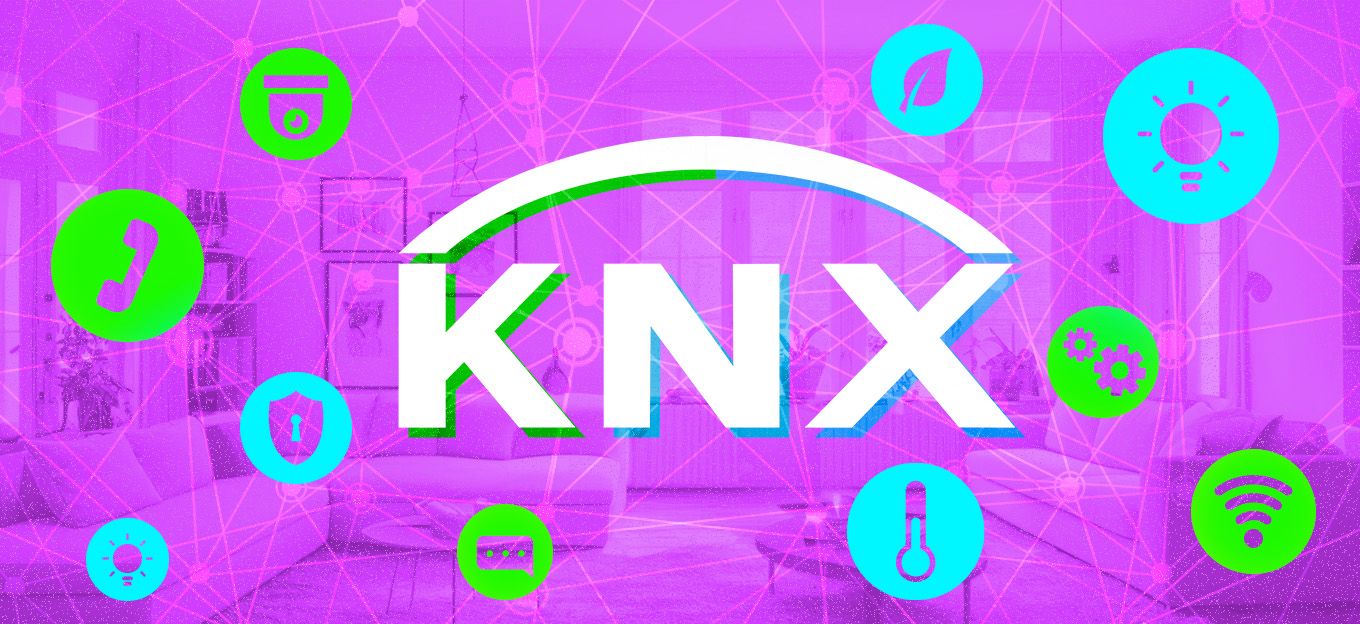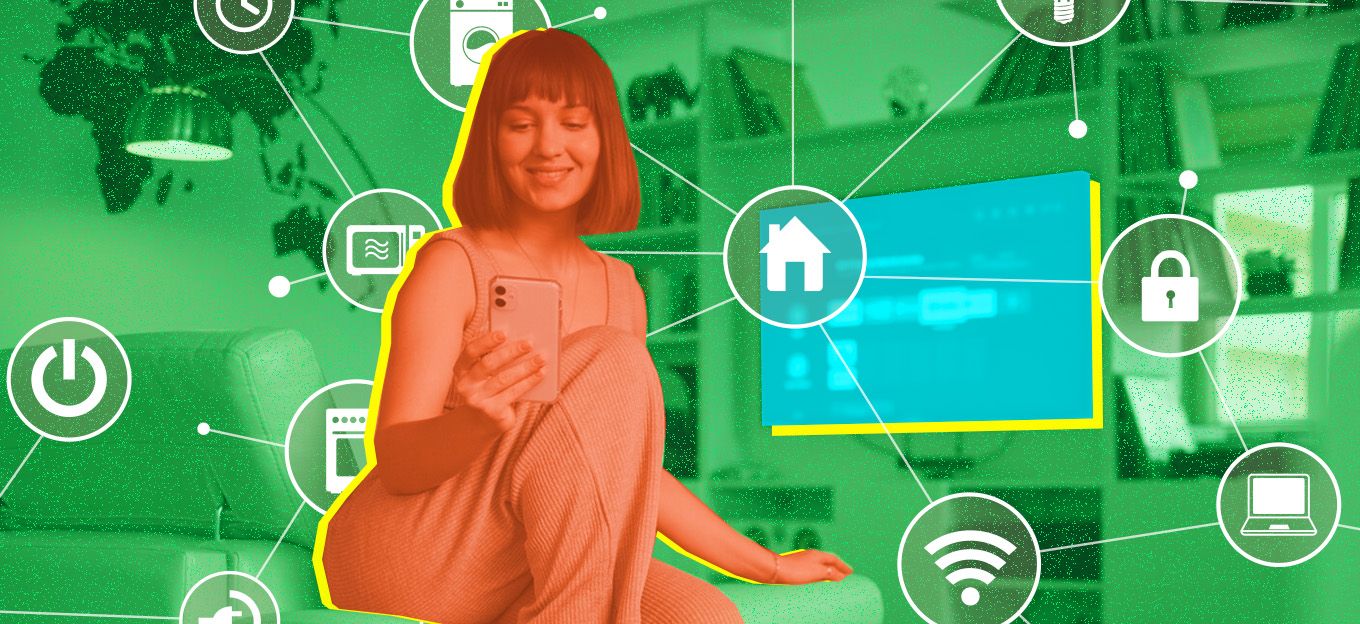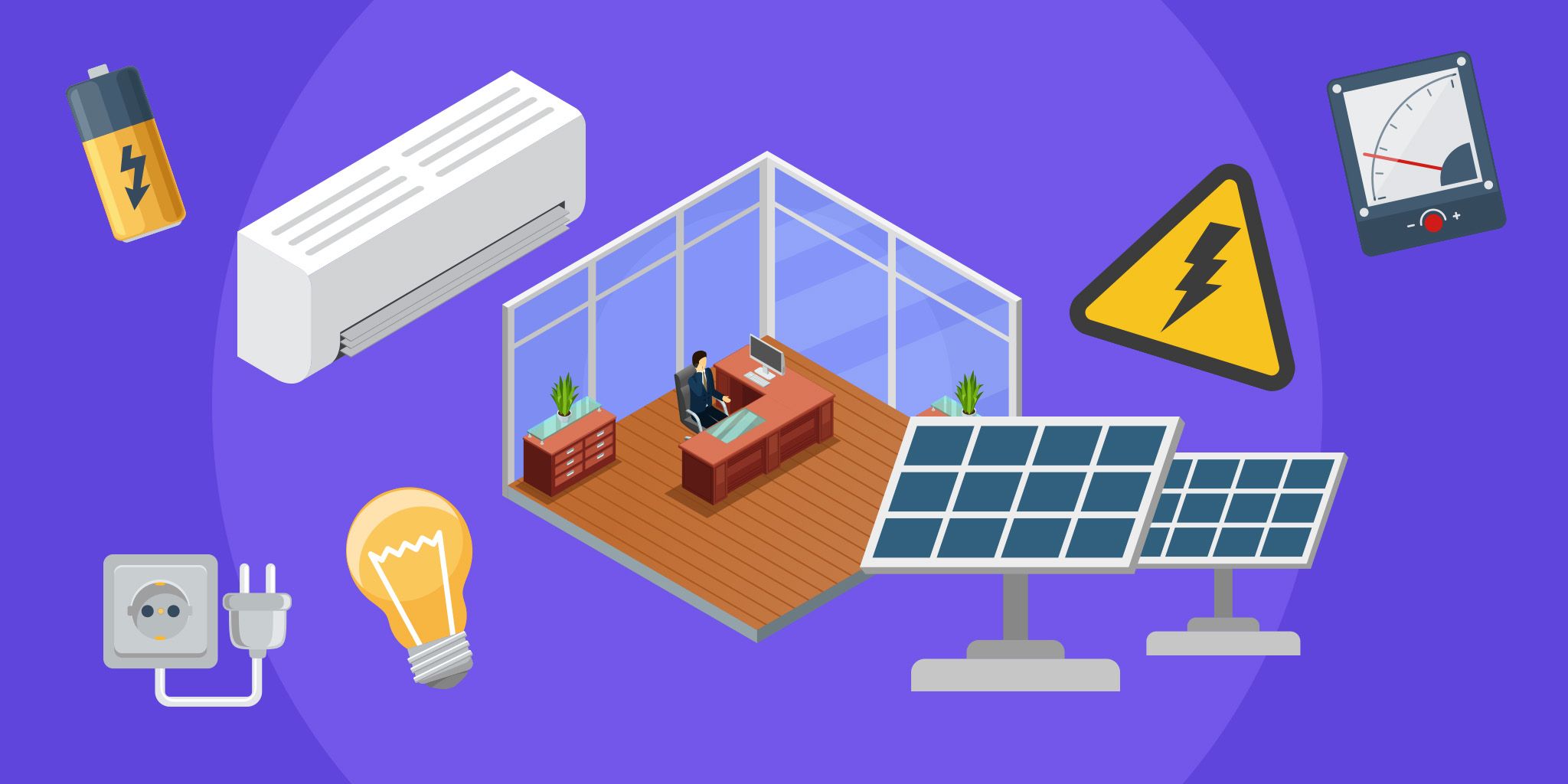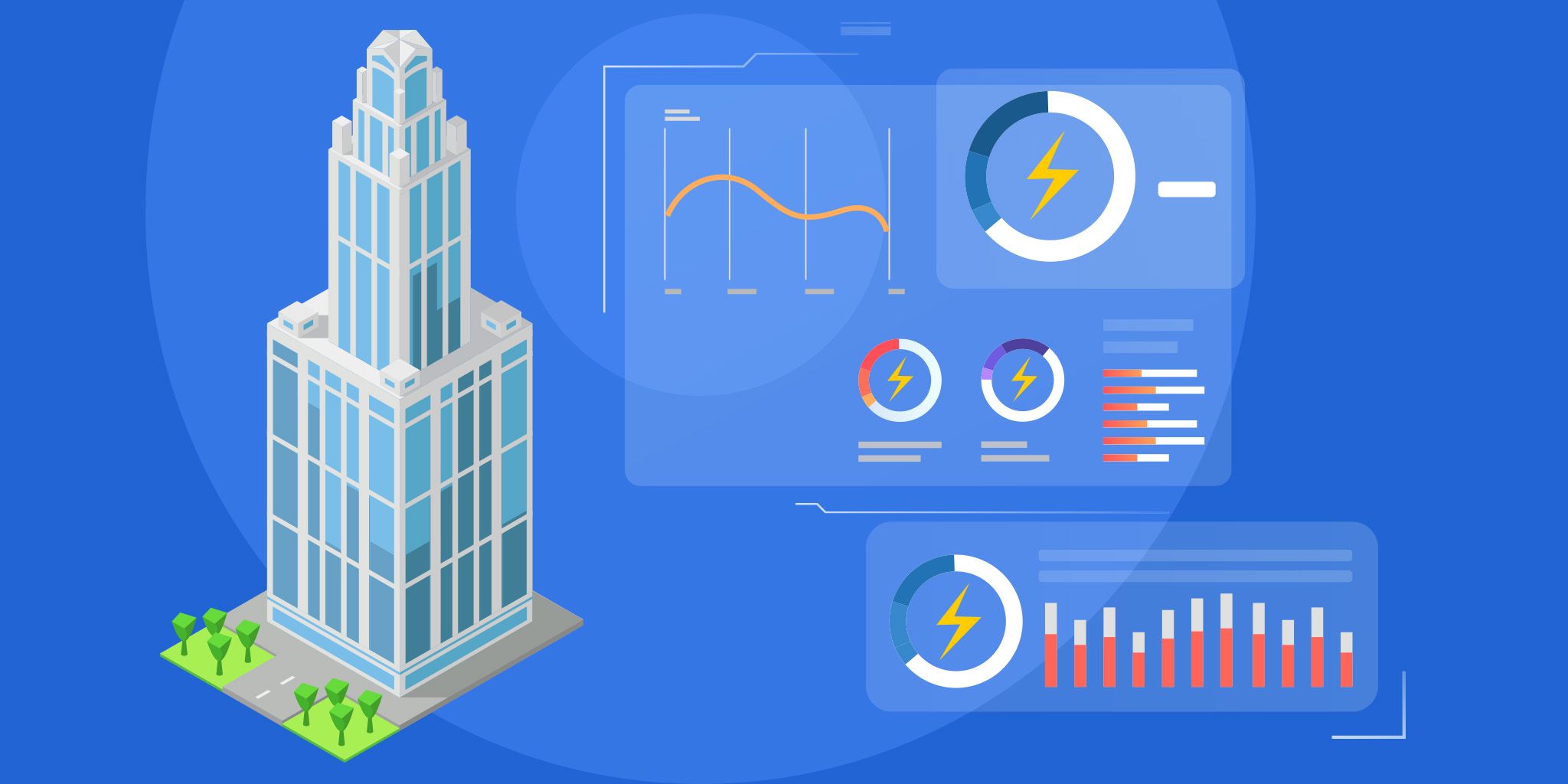Smart Homes: Worth The Price Tag?
Smart Homes: Worth The Price Tag?
- Last Updated: December 2, 2024
Guest Writer
- Last Updated: December 2, 2024



Smart devices and IoT have found their way into almost every aspect of modern home life. From your security system to your refrigerator, “smart” appliances are the new norm. But are they actually making your home better? Or are all these Smart Home appliances simply just another fad you’ll end up regretting spending the extra money on in the long run? Let’s go through the pros and cons of having a home filled with smart appliances and five questions to ask yourself before committing to a smart home revamp.
What Can Smart Home Devices Do?
Almost every part of a home can be automated. Lighting, security systems, thermostat settings, entertainment systems, and even kitchen appliances can easily be equipped with programming that you can customize for your own preferences. If you want your home security system to turn on at night, all you need to do is set it up once, and your home is automatically guarded every night. Or, if you want to save money by having your home thermostat automatically lower the temperature when you’re not home, smart appliances can make that happen.
Smart Homes utilize the latest technology and machine learning tools. However, here are five things to consider before making the switch.
Smart Home Benefits
Convenience
Sometimes, it’s ok to be a little lazy. Turning off lights, arming a security system, or switching television channels may be easy tasks, but smart homes make it easier. And for some, that’s a good enough reason.
Security
Installing security systems makes many families feel safer in their homes. Smart security systems can turn on automatically at night or whenever you want when you connect it to an app. You can even connect front door security cameras to your phone to see who’s at your door at any time.
Energy Efficiency
Many smart appliances on the market are made to be energy efficient and limit their impact on the environment. For people who want to reduce their energy consumption and carbon footprint, upgrading to smart devices can do just that.
Cost
If you’re holding on to old appliances that may be well past their prime but still technically work, it may be costing you more money over time than replacing it with a newer smart model.
Accessibility
Smart homes can make home-related tasks easier for those with accessibility issues. For example, if you have limited mobility, connecting systems like your lighting system and television to a phone app or even a voice-activated device can make everyday life much more manageable.
Smart Home Drawbacks
Cost
Yes, this is both a pro and a con. It’s possible you’ll see some serious savings after a while when you switch to energy-saving appliances. But the upfront costs of actually buying and installing those brand new appliances can be steep and may not be worth it for some households.
Integration Issues
If you live in an older house, integrating new smart appliances and systems may not even be possible. Many of the new devices on the market require significant amounts of energy to run—if your home’s wiring or energy system is old, the devices might not integrate into your standing system.
Connection Problems
Every piece of technology will have its own issues. Sometimes turning it off and back on will fix the connection problem, but smart devices sometimes aren’t so smart. If you have a more expensive appliance, fixing a connectivity problem can be difficult and expensive.
Questions to Ask Before Upgrading To Smart Home Devices
Can I afford the new appliance?
Some smart upgrades require more upfront costs than you may be able to justify right now in your budget. If you can’t swing the cost yet, it may be more financially responsible for holding off on the upgrade for now.
Will I use the smart features on a regular basis?
You don’t have to use it every day to feel like you’re getting the full use of your smart device. But if you’re going to get bored of it after the first few times you use it, it may not be worth the cost.
Will the smart device actually improve my life?
Just because a new and shiny gadget on the market doesn’t mean you necessarily have to buy it. If it will genuinely make your day easier or improve your quality of life, it’s worth it. Otherwise, maybe save your money for something else.
What are the security risks?
Even though most smart devices have security measures programmed in, connecting your entire home to the internet gives hackers and malware more opportunities to get into your system. If your digital security is a priority for you, get smart home devices that operate on their own systems and don’t require the internet to work.
Are there any safety concerns?
If you have small children in the home, some smart devices may not be safe around children. Keep in mind that anything voice-activated can also be activated by children and that making appliances easy to turn off and on for you makes it easy for kids to do as well.
The Most Comprehensive IoT Newsletter for Enterprises
Showcasing the highest-quality content, resources, news, and insights from the world of the Internet of Things. Subscribe to remain informed and up-to-date.
New Podcast Episode

IoT in 2026: Trends and Predictions
Related Articles





